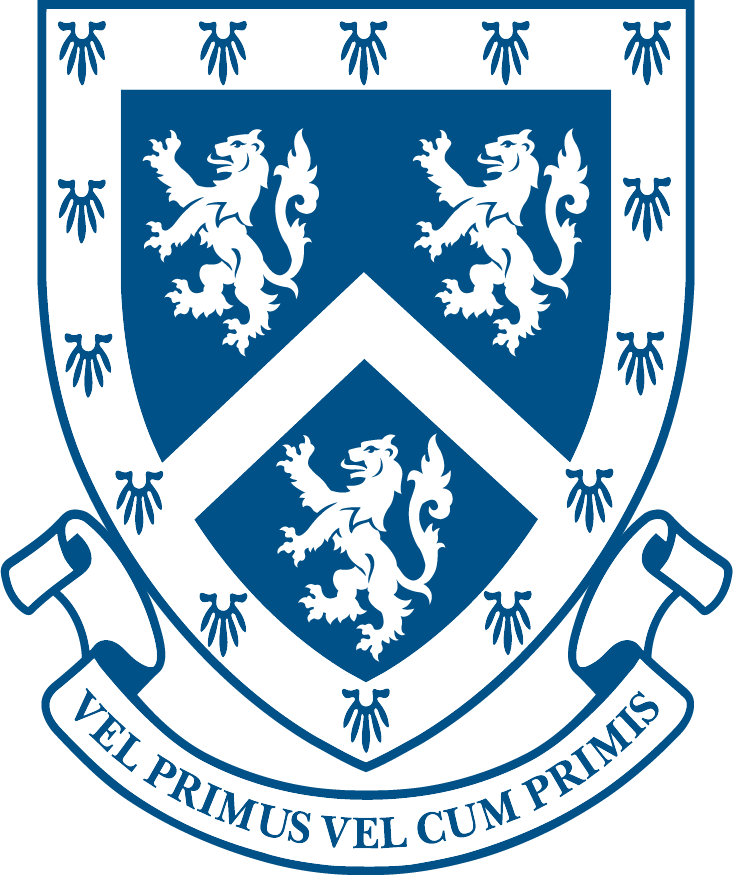Motion regarding the structure of the JCR Executive Committee (Part 1 of 2)
Proposed by: Henry Flack (JCR Treasurer)
Seconded by: Humam Quader (Senior Man), Joseph Most (Vice-President), Lou
Cook-Allen (Welfare Officer), India Trainor (Sports and Societies Officer), Reuben
Greenwood (Events Officer), Mila Roth (Secretary)
This JCR notes:
Article 4 dictates the structure and inner workings of the JCR Executive Committee;
whilst it has had some changes in recent times, no significant changes have been made
to reflect the JCR’s recent independence, or how the JCR actually functions on a
day-to-day basis. The JCR Exec's current structure primarily serves to determine how
work is delegated from the Senior Man, but is outdated.
This JCR believes:
The current structure of the exec is outdated and does not reflect the way that the JCR is
aiming to work. Changes must be made to increase efficiency and accountability. By
changing how this structure works, it will allow the Senior Man to delegate to the most
relevant person.
To ensure the committee functions without conflicting interests and as a democratic
body, these changes secure safeguards that have previously not been included in the
standing orders, in a process of evolution for the JCR that has long been neglected.
This JCR repeals:
Article 4 (Executive Committee) of the standing orders (up to and including the structure
of the Executive Committee) and replaces it with the article found in the appendix to be
titled ‘Executive Committee’.
The details and explanations behind some of the core changes are as follows:
—-----Appendix—--------
Article 4: Executive Committee
1. The Executive Committee will manage the daily affairs of the JCR on behalf of
the Members, in accordance with the responsibilities and powers laid out
below.
2. The Executive Committee is directly accountable to the JCR through the
Ordinary General and Annual General Meetings, and is bound by all decisions
of Ordinary General Meetings, Extraordinary General Meetings and
Referenda.
3. The Executive Committee is accountable to the Board of Trustees, consisting
of a mix of student/internal and external trustees. The Chair of the Board of
Trustees is the direct line manager of the Senior Man.
4. The Executive Committee must meet at least once each week during term
time.
5. The JCR Chair will be the Chair of the Executive Committee.
Responsibilities and Powers
1. Each Executive Officer must represent the interests of the JCR in meetings of
College and Joint Committees to which they are invited.
2. An Executive Officer must act as instructed by the Senior Man, Executive
Committee and/or the JCR (via Motions) with regards to JCR business.
3. The Executive Committee must appoint Non-Executive Officers in accordance
with the provisions of Article 5 and Appendix 1 of these Standing Orders.
4. Each Executive Officer must work as a Freshers' Representative and Post
Offer Visit Day Representative.
5. The Executive Committee must attend all Meetings of the JCR. Where it is not
possible for an Executive Officer to do so, they should seek approval from the
Senior Man.
6. The Executive Committee will attend formal dinners as directed by the Senior
Man. Particular regard will be given to the personal and financial costs of
attendance; that executive attendance is a tradition of the college; that each
Executive Committee member must attend a minimum of 50% of all formal
dinners; that a minimum of 60% of the Executive Committee must be present
at each formal dinner; and that formal dinners provide outreach from the
executive to the wider common room and college.
7. To aid the outreach of the Exec table at formals, Executive Officers invite first
year Hatfield students as guests at every possible formal in Michaelmas term.
8. Each Executive Officer will be remunerated according to the provisions of the
JCR By-Laws, subject to the approval of the Annual General Meeting.
9. In order to be eligible for remuneration for events, an executive officer is
required to carry out sufficient work as deemed by a subcommittee, involving
the event organiser, Vice-President and the Senior Man.
10.Provided their actions are not negligent, each Executive Officer will be
indemnified out of the assets of the JCR against all losses or liability incurred
in the execution of their office.
11. In order to prevent distraction from their role, executive officers are not to take
up other roles within the JCR unless permitted by the Senior Man.
Structure of the Executive Committee
1. The Executive Committee has no predetermined order of delegation or
seniority, apart from the Senior Man and Vice-President, who are respectively
the two most senior members of the committee.
2. In the event that the Senior Man is not able to attend a commitment as a part
of their role, they are to determine the most appropriate Executive Officer to
attend instead. Where the commitment has no clear officer to delegate to, it
should be delegated to the Vice-President. Where the most appropriate officer
is not able to attend, it should be delegated to the Vice-President.
3. The JCR Executive Committee, and their roles and responsibilities, are
detailed below.
(see separate motion Article 4b)
